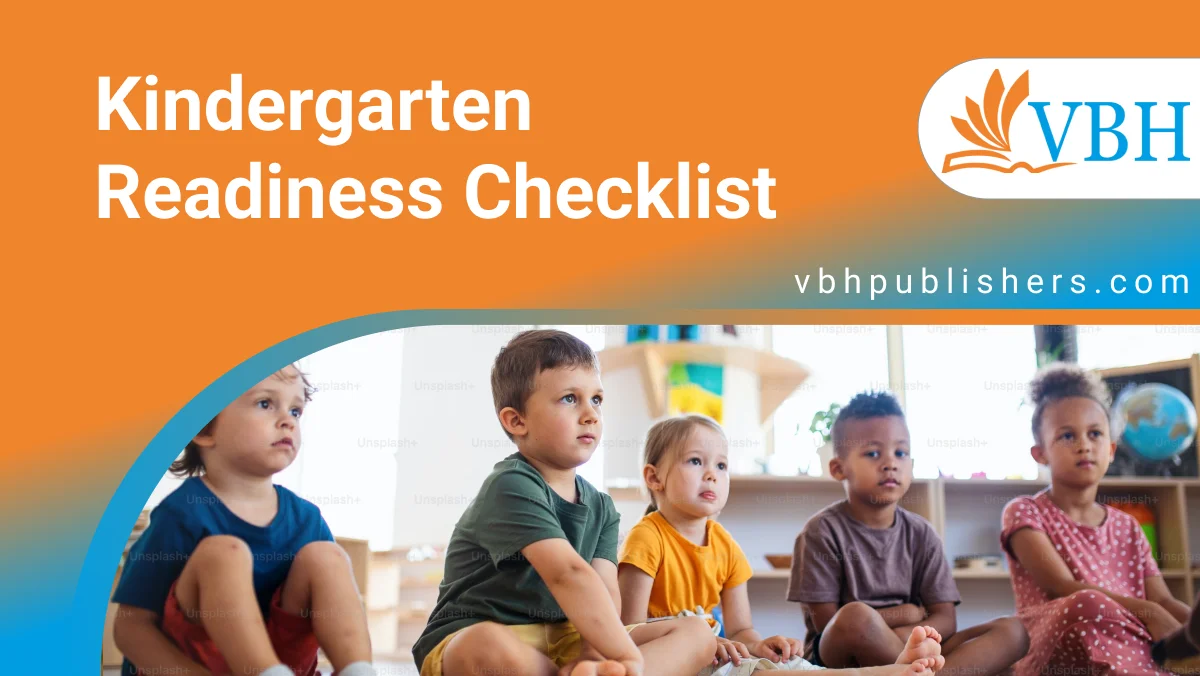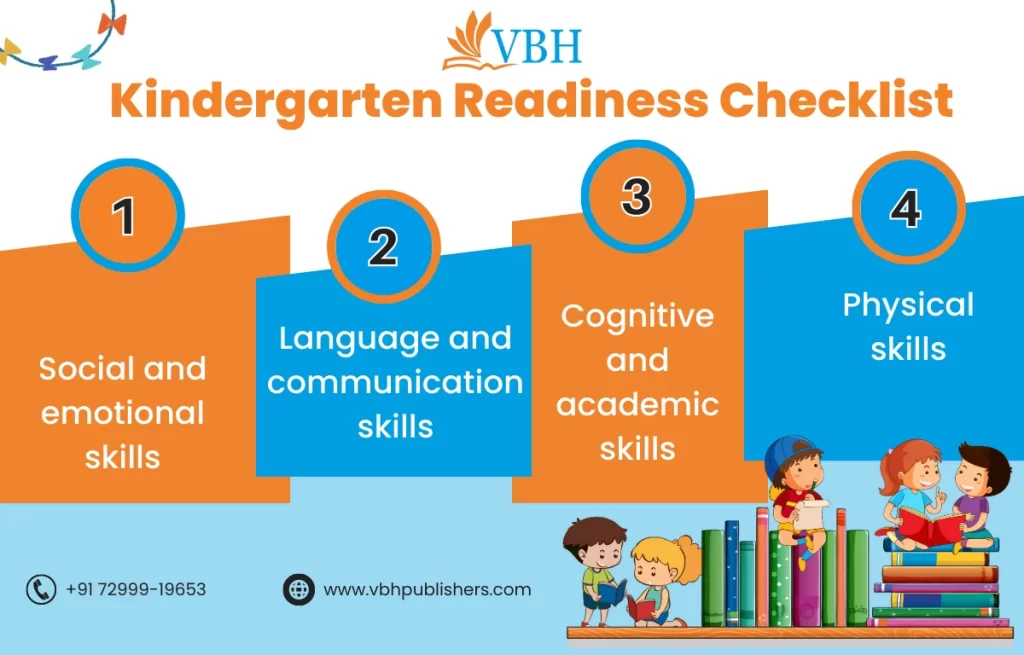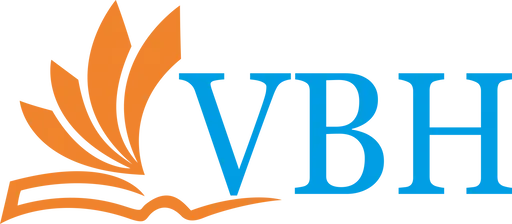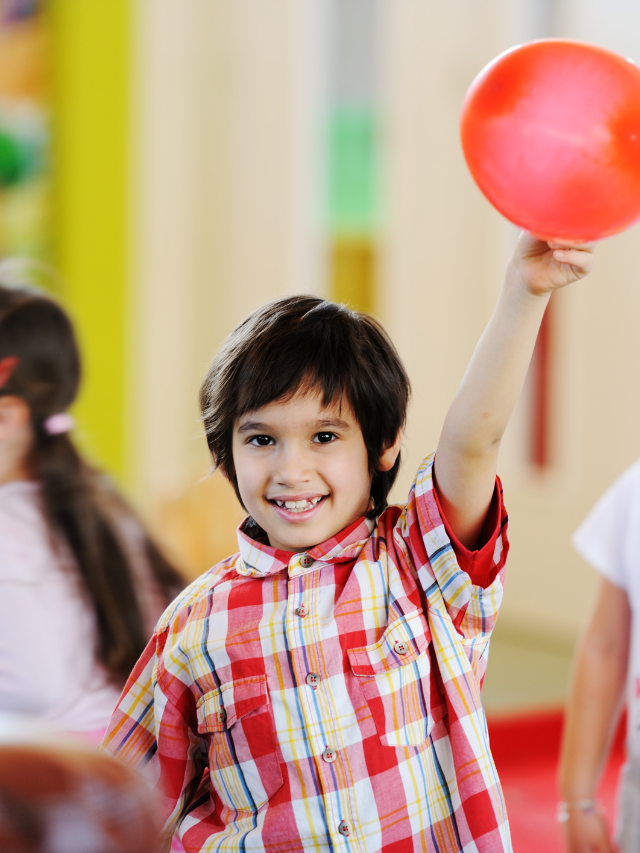Is Your Child Ready for Kindergarten? A Readiness Checklist
- Last Updated:

Kindergarten is an exciting time for children and parents alike, but it can also be a challenging transition. To help ensure a successful start to the school year, it’s important to assess whether your child is ready for Kindergarten. In this blog post, we will provide a Kindergarten readiness checklist for parents to determine if their child is prepared for Kindergarten.
Overview of Kindergarten Readiness
Kindergarten readiness refers to a child’s ability to meet the academic, social, and emotional demands of a Kindergarten classroom. To be successful in Kindergarten, children should possess certain skills and behaviors, such as being able to follow directions, communicate with peers and adults, and engage in basic academic activities. These are a few Kindergarten readiness checklists.

Pre-Kindergarten Programs
Pre-Kindergarten readiness checklist can be a great way to prepare children for Kindergarten. These programs often focus on building the skills necessary for success in school, including social skills, language skills, and basic math and reading skills. If your child has not attended a Pre-Kindergarten program, there are still things you can do at home to help them prepare for Kindergarten.
Kindergarten Readiness Checklist
To determine whether your child is ready for Kindergarten, use the following Kindergarten readiness checklist:
Social Skills
- Can your child take turns and share with other children?
- Can your child follow simple directions?
- Can your child manage basic self-care tasks, such as washing hands and using the bathroom?
Language Skills
- Is your child able to communicate their needs and wants effectively?
- Can your child recognize letters and their corresponding sounds?
- Can your child count to 10 or higher?
Cognitive Skills
- Can your child sit still and pay attention for short periods of time?
- Can your child recognize and name basic colors and shapes?
- Can your child use a pencil or crayon to draw basic shapes and letters?
Physical Skills
- Can your child hop, skip, and jump?
- Is your child capable of throwing and catching a ball?
- Can your child hold a pencil or crayon properly and write basic letters and shapes?
Tips for Preparing Your Child
If your child is missing some of the skills on the Kindergarten readiness checklist, don’t worry. There are plenty of things you can do to help your child prepare for Kindergarten. Here are some tips:
- Read to your child daily and discuss the story with them.
- Practice basic counting, letter recognition, and writing skills.
- Play educational games that focus on social and emotional development.
- Encourage physical activity and outdoor play.
Importance of Play
Play is an essential part of early childhood development, and it can be especially beneficial in preparing children for Kindergarten. Play can help children develop social skills, build their imaginations, and develop cognitive and physical skills. Encourage your child to engage in imaginative and exploratory play to help build these skills.
Common Kindergarten Challenges
Starting Kindergarten can be challenging for some children, but there are steps you can take to make the transition easier. Talk to your child about what to expect in Kindergarten, visit the school and meet the teacher, and create a routine to help your child adjust to the new schedule.
Resources for Parents
Numerous resources are accessible for a kindergarten checklist, aiding parents in getting their child ready for kindergarten. Consider utilizing online resources, educational apps, and community programs, such as storytimes at the library or playgroups in your neighborhood.
Conclusion
To conclude, the Kindergarten checklist is an important part of preparing your child for a successful start to their academic career. By using the Kindergarten readiness checklist and implementing the tips provided in this blog post, you can help ensure that your child is ready to thrive in Kindergarten. Remember, every child is different and will develop at their own pace, so don’t worry if your child is missing a few skills. With your help and support, your child will be on their path to success.
Also, Read Junior Kindergarten Books.
Frequently Asked Questions
Kindergarten Readiness Checklist is the set of skills and behaviors that children need to possess to be able to meet the academic, social, and emotional demands of a Kindergarten classroom. Kindergarten readiness encompasses both academic and non-academic skills and includes a range of skills such as social skills, language skills, cognitive skills, and physical skills.
Children need to possess a range of skills to be ready for Kindergarten. Some of the important Kindergarten readiness checklist skills include:
- Social skills, such as taking turns, sharing, and following simple directions.
- Language skills, including the ability to communicate their needs and wants effectively and basic letter and number recognition.
- Cognitive skills, such as the ability to sit still and pay attention for short periods of time, recognize and name basic colors and shapes, and use a pencil or crayon to draw basic shapes and letters.
- Physical skills, such as hopping, skipping, jumping, throwing, and catching a ball.
There are a number of ways to assess whether your child is ready for Kindergarten. One way to use a Kindergarten readiness checklist is by including a list of skills that children should possess before entering Kindergarten. Parents can also talk to their child’s preschool or daycare teacher to get an idea of their child’s readiness for Kindergarten. Additionally, parents can observe their child’s behavior and development at home to see if their child is meeting the milestones and developing the skills necessary for Kindergarten.


